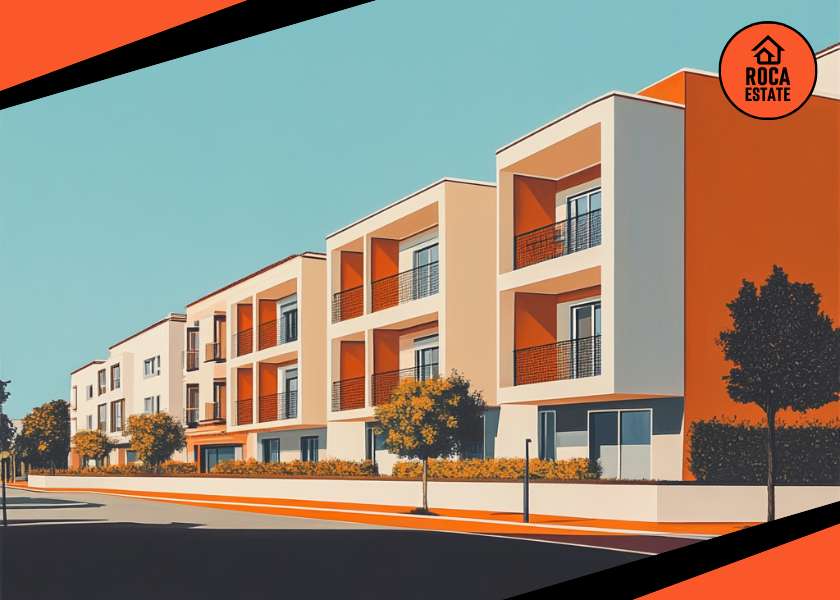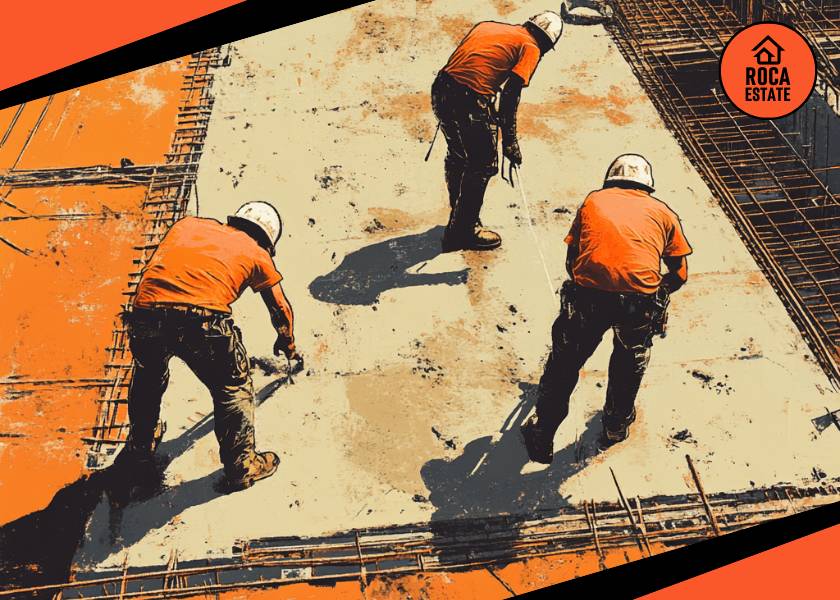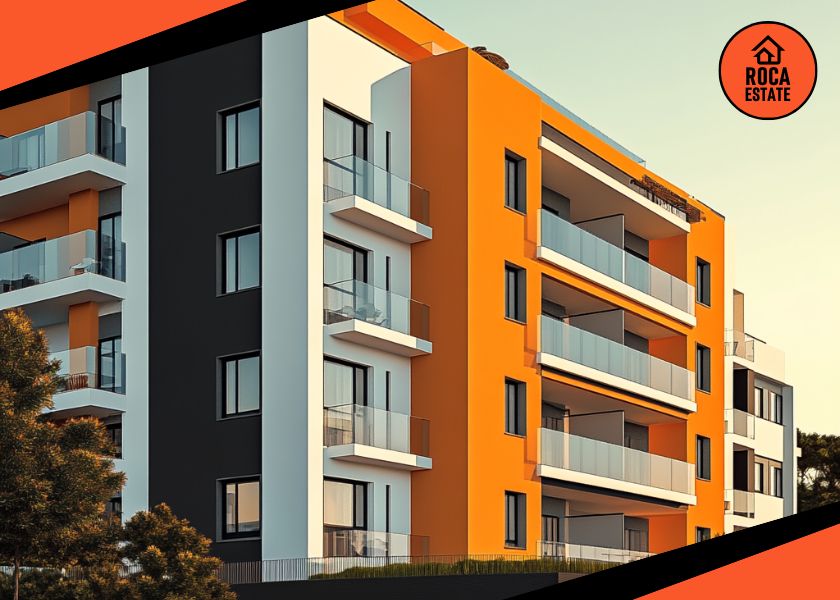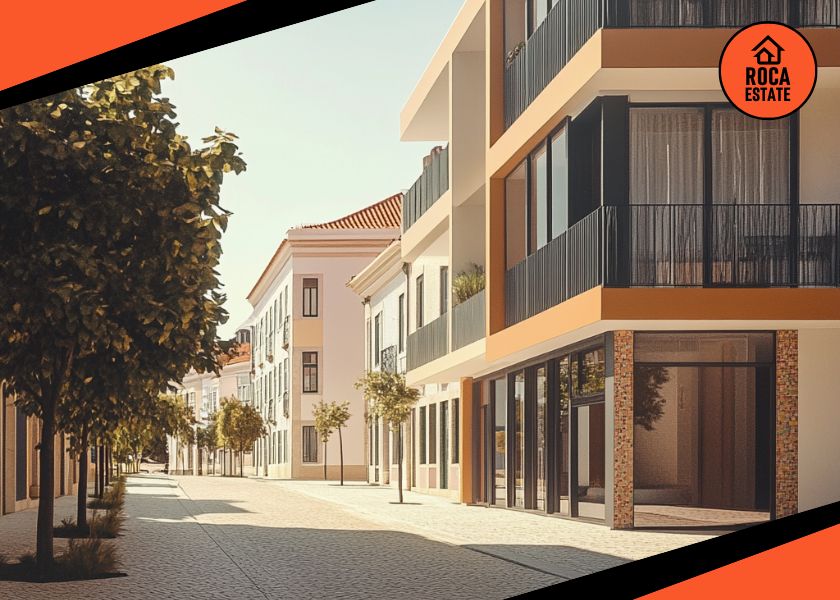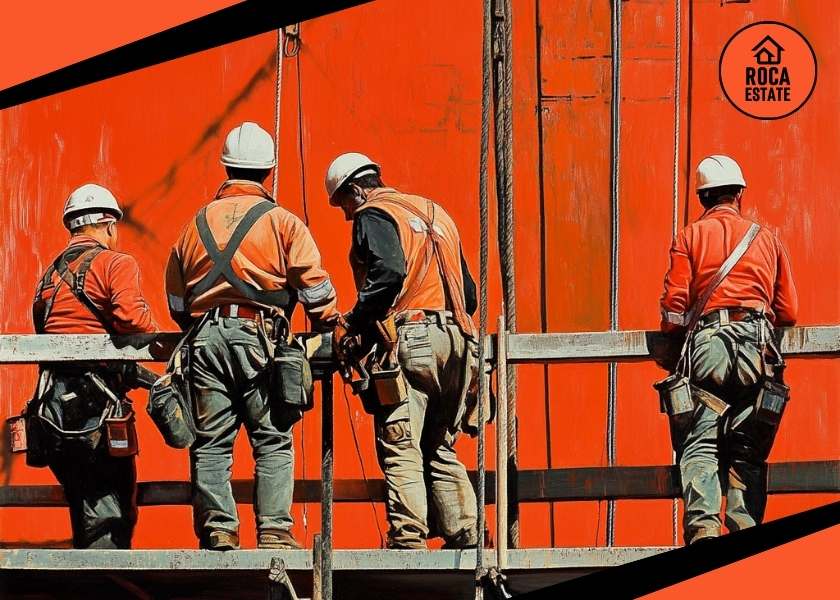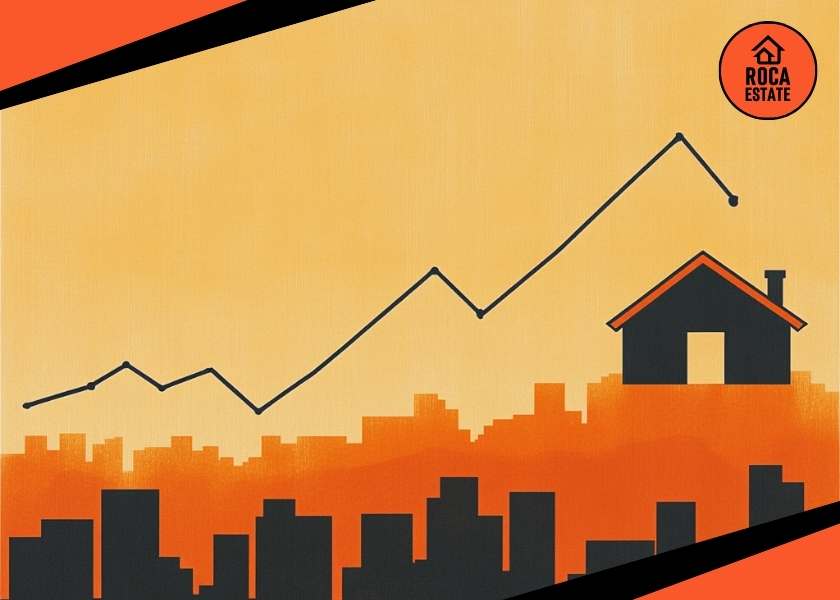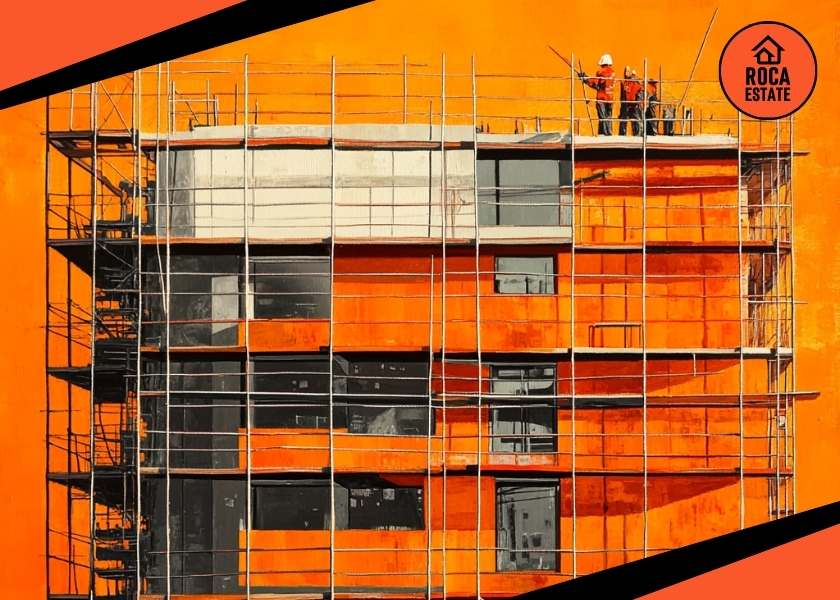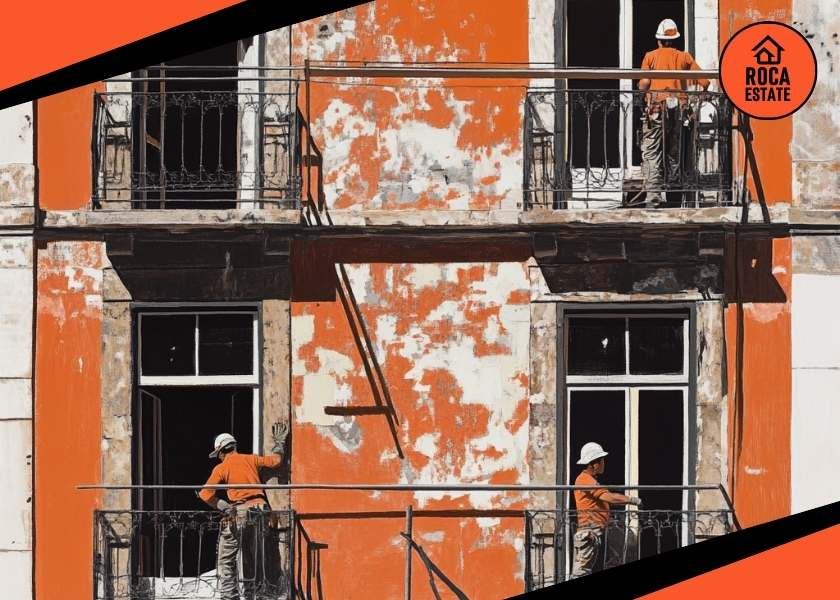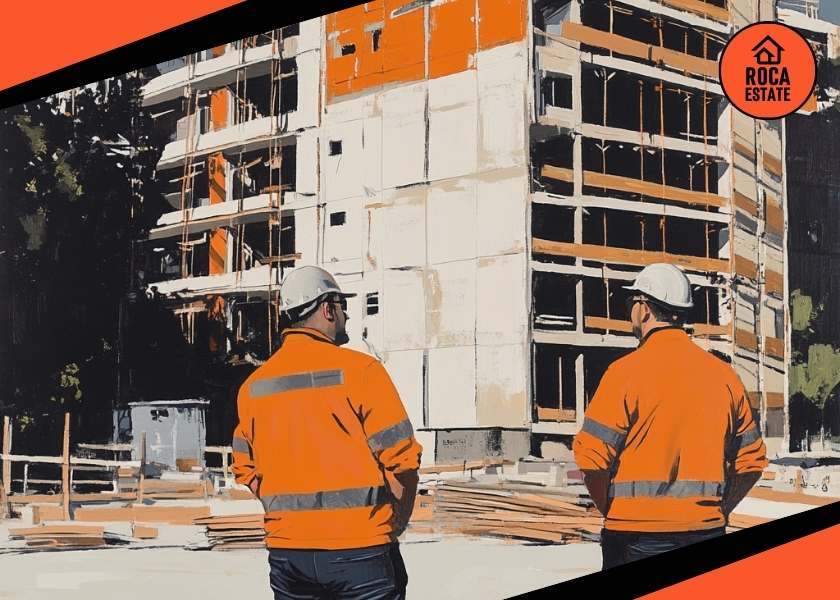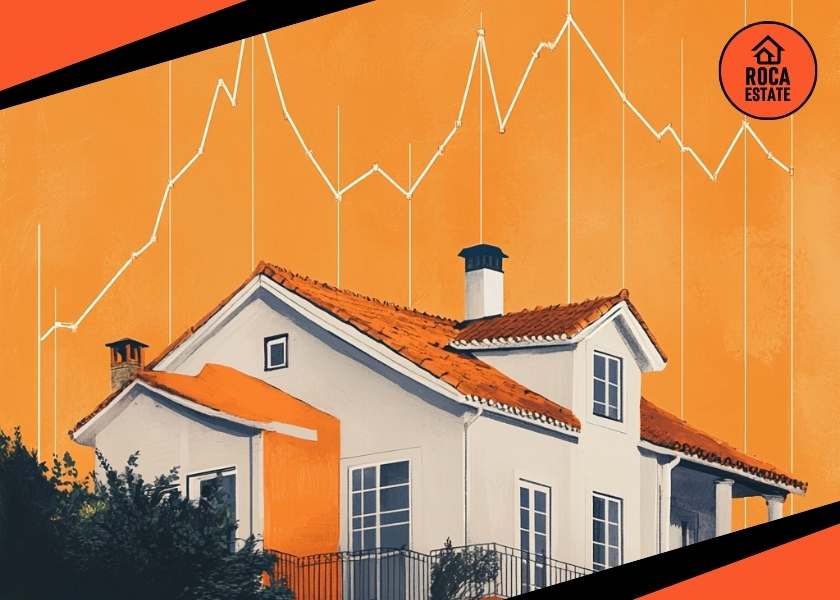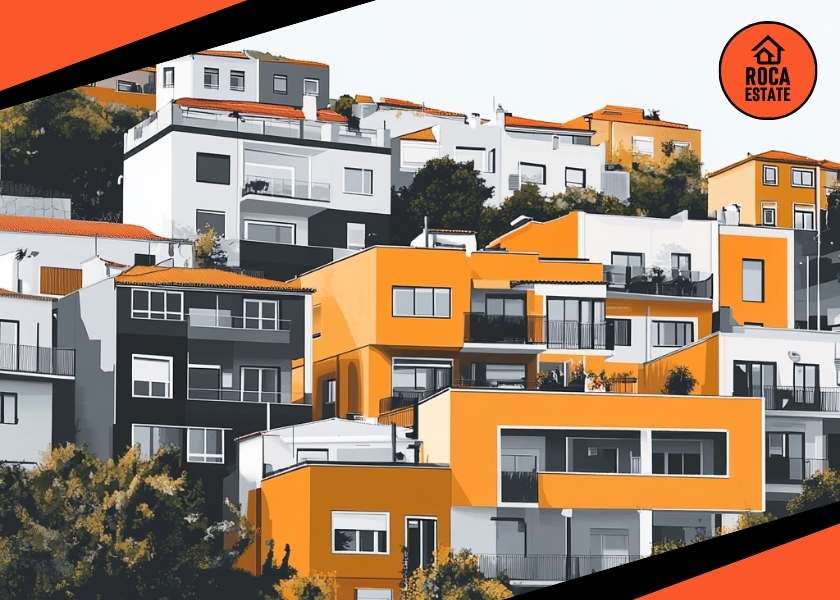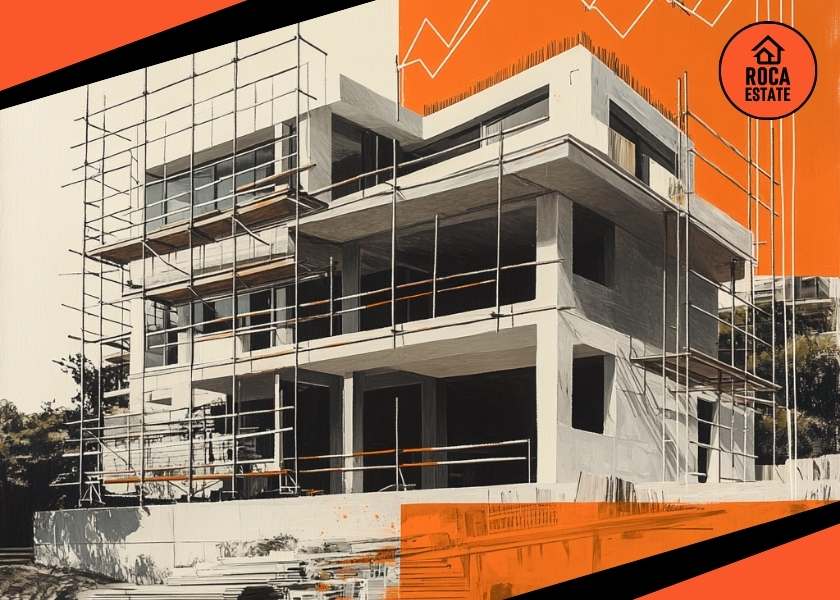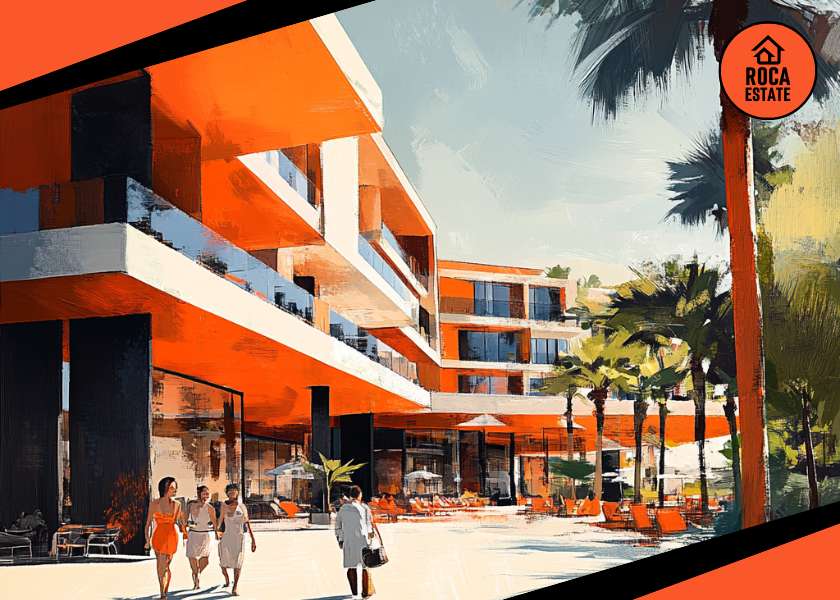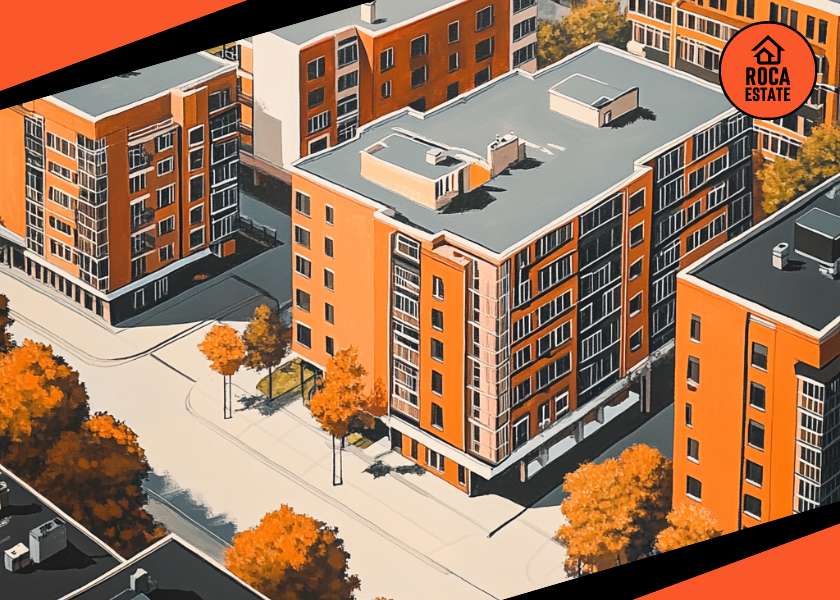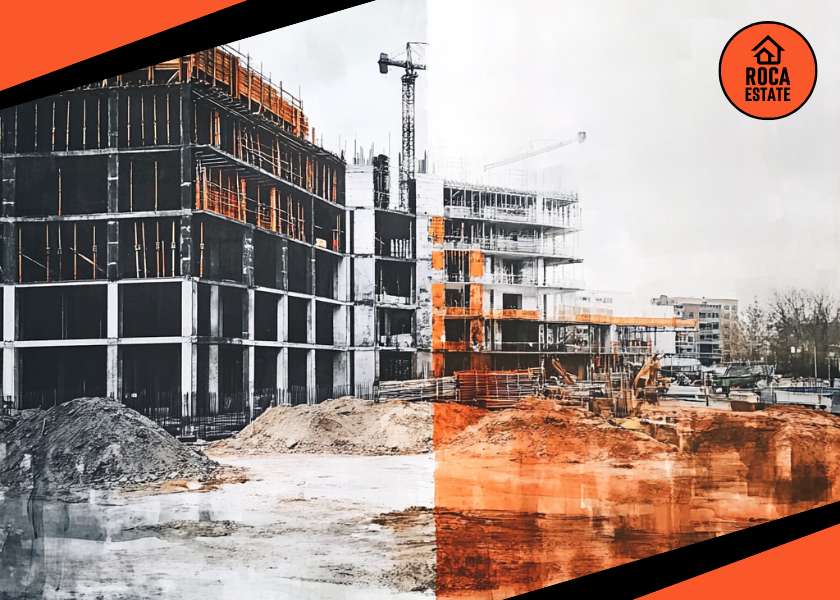Recent Trends in Implicit Interest Rates in Portuguese Housing Loans
April 2024 marks a significant point for real estate investors considering the Portuguese property market. The implicit interest rates for housing loans have shown a consistent downward trend for three consecutive months, with the rate decreasing from 4.613% in March to 4.606% in April. This is noteworthy for investors as it reflects a slight easing in borrowing costs, potentially lowering the cost of financing new property investments.
Key Highlights:
- Interest Rate Reduction: The implicit interest rate for all housing loan agreements has decreased for the third consecutive month, indicating a more favorable borrowing environment. For new contracts signed in the last three months, the rate dropped even further from 4.000% to 3.910%.
- Increase in Average Owed Capital: The average value of owed capital has seen a slight increase of 186 Euros, reaching 65,577 Euros. This suggests that while the borrowing cost is decreasing, the amount of borrowed capital is on the rise, possibly due to higher property valuations or increased loan amounts taken by borrowers.
- Loan Repayments and Interest Share: The average monthly loan repayment increased to 404 Euros, up by 63 Euros compared to April 2023. Notably, interest now constitutes 61% of these repayments, up from 48% a year ago, reflecting a higher cost of servicing debt despite the declining interest rates.
For investors, these trends highlight an environment where financing remains relatively affordable despite slight increases in loan repayments. The decrease in interest rates could spur more borrowing and investment activity in the real estate market, potentially driving demand and property prices upward in the short term.
Implicit Interest Rates in Housing Loans
Despite the favorable trends in implicit interest rates, there are considerations that investors should weigh carefully
- Rising Loan Repayments: Although interest rates are decreasing, the monthly loan repayments have been gradually increasing. This rise in repayments, coupled with a higher share of interest, could impact cash flow, especially for leveraged investments. Investors must ensure that rental yields or other income from the property can comfortably cover these rising costs.
- Increased Borrowing Amounts: The slight increase in the average owed capital may indicate that borrowers are taking on larger loans. This could be due to higher property prices or a tendency to leverage more in the current low-interest environment. Investors should be cautious about over-leveraging, as changes in market conditions or interest rates could impact their ability to service these loans.
- Long-Term Economic Considerations: While the immediate environment looks favorable for borrowing, the broader economic context and potential future interest rate movements should not be overlooked. Investors need to consider the long-term sustainability of their investments, especially if interest rates begin to rise again or if economic conditions change.
In conclusion, while the current trends in the Portuguese housing loan market offer promising opportunities for real estate investment, prudent financial planning and a cautious approach to leveraging are essential to navigating potential risks effectively.
Investors looking to take advantage of declining interest rates and the favorable real estate market in Portugal should explore our high-return value-add income strategy. This approach focuses on maximizing returns through strategic asset enhancement—an ideal match for those seeking smart real estate investment in Portugal.








